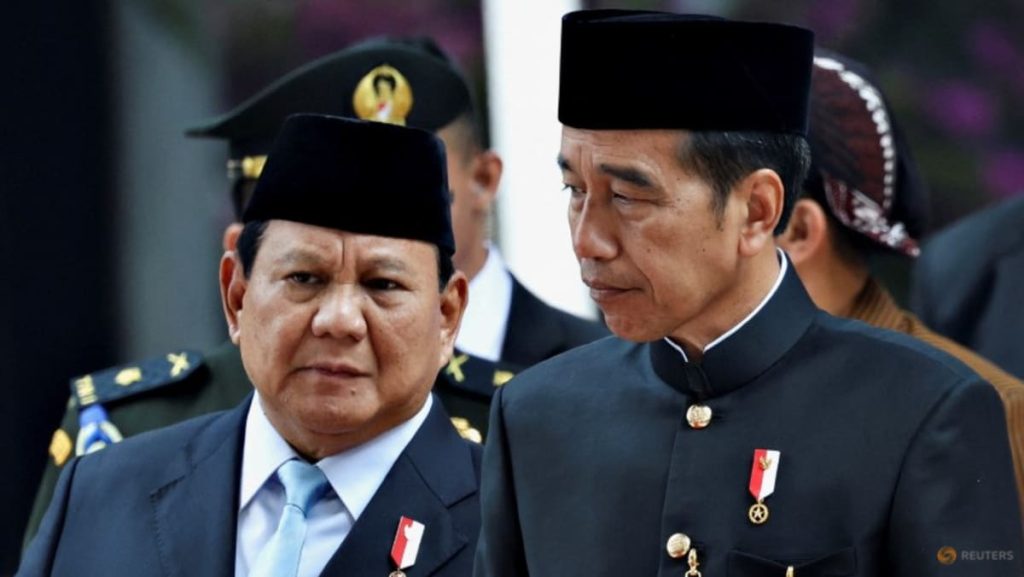During his State of the Nation address, Indonesian President Joko Widodo, also known as Jokowi, wore traditional Betawi attire and made a second apology to the people within the same month. He acknowledged that despite his efforts, not everyone may be pleased with his achievements. Jokowi, along with Vice President Ma’ruf Amin, expressed regrets to those who may have been disappointed, hopes that were unfulfilled, and dreams that were not realized. This apology comes amidst criticism from critics who viewed his previous apology as a tactic to garner sympathy.
In his speech at the People’s Consultative Assembly meeting, Jokowi mentioned that he had no authority to determine the presidential and vice-presidential candidates in the elections but emphasized continuity of policies prior to the general election in February. Despite this, he introduced various programs that were believed to favor the winners of the presidential race, Defence Minister Prabowo Subianto and Jokowi’s son, vice president-elect Gibran Rakabuming Raka. These actions were seen as an attempt to solidify his own political dynasty, especially given the controversial circumstances surrounding Gibran’s candidacy through a constitutional court ruling.
Criticism of the election outcome was not overlooked during the State of the Nation address, with Speaker of the House of Representatives Puan Maharani raising questions about the fairness and honesty of the election. She pointed out that people should not be faulted for how they voted and questioned whether the election was conducted freely, honestly, and fairly. She left it up to the audience to decide if citizens were able to choose without coercion, control, or fear during the election process.
Jokowi’s choice to wear Betawi attire for his address was seen as a nod to the native people of Jakarta and a possible attempt to connect with them on a deeper level. This gesture, along with his apology, may have been an effort to show humility and empathy towards those who may have felt let down by his administration. By acknowledging the disappointment and unmet expectations of the people, Jokowi seemed to be trying to build bridges and regain trust among the populace.
The timing of Jokowi’s apologies, both at the congregational prayer event on August 1 and during the State of the Nation address, raised speculation about the intention behind them. While some viewed these apologies as genuine expressions of regret, others saw them as manipulative tactics to win favor among the public. Regardless of the interpretation, the apologies highlighted Jokowi’s awareness of the criticisms directed at his administration and his willingness to take responsibility for any shortcomings. This self-reflection and accountability could pave the way for greater transparency and improvement in governance moving forward.
As Indonesia prepares to celebrate its Independence Day on August 17, the messages conveyed during the People’s Consultative Assembly meeting, including Jokowi’s apology and Puan Maharani’s pointed remarks, underscored the challenges and complexities facing the country’s political landscape. While the apology may have been met with mixed reactions, it served as a reminder of the importance of leadership accountability and the need for ongoing dialogue and engagement with the people to address their concerns and aspirations. In the wake of these developments, Indonesia is poised for a period of reflection and renewal as it navigates the path ahead.












